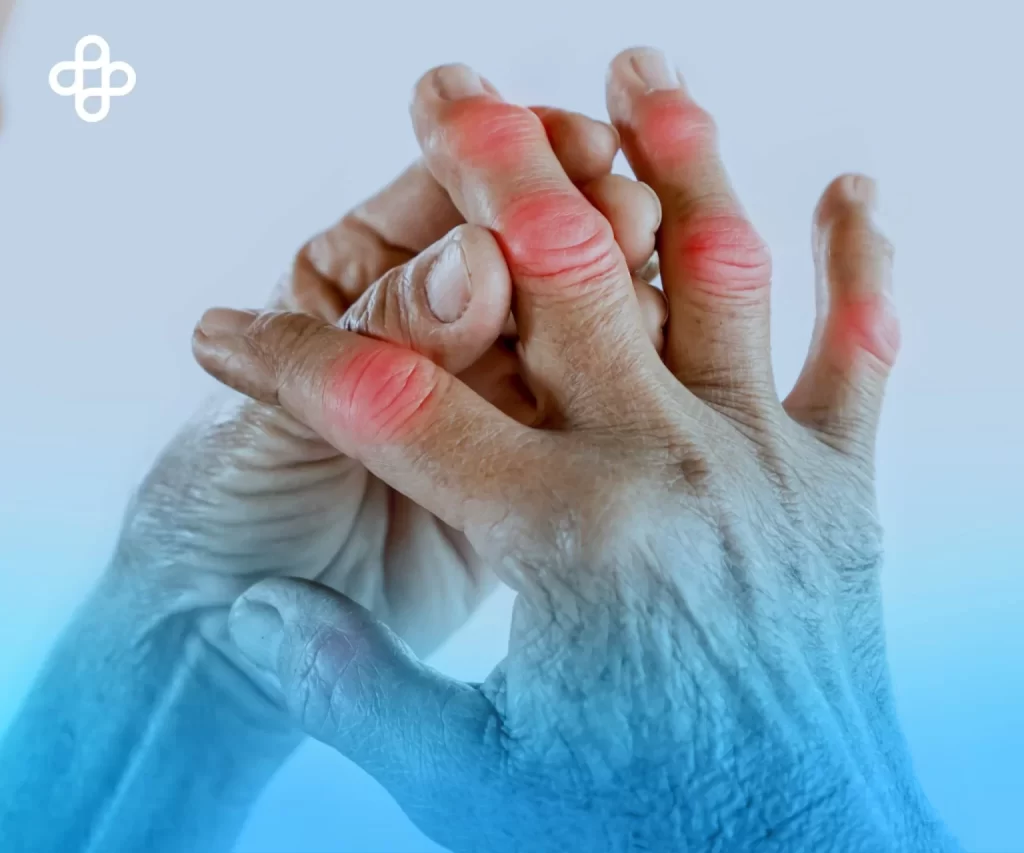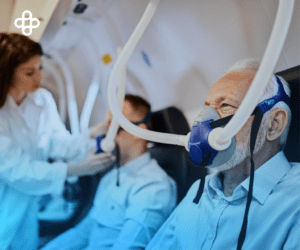Arthritis is an inflammatory condition that affects the joints, causing pain, swelling, and limited movement. It is a chronic disease that can impact people of all ages but is most common in older adults. Understanding this disease is crucial for managing symptoms and improving the quality of life for those affected.
Arthritis Diagnosis
Diagnosing arthritis involves a combination of clinical methods and laboratory tests. The typical steps include:
- Clinical Evaluation: A rheumatologist assesses the patient’s symptoms, such as joint pain, swelling, stiffness, and the duration of these symptoms. The doctor reviews the patient’s medical history and conducts a physical exam.
- Imaging Tests: Doctors use X-rays, magnetic resonance imaging (MRI), and ultrasounds to visualize joint damage and determine the type of arthritis.
- Laboratory Tests: Blood tests detect inflammatory markers, specific antibodies like rheumatoid factor (RF), and anti-cyclic citrullinated peptides (anti-CCP), which help confirm rheumatoid arthritis. Additionally, analysis of synovial fluid extracted from the affected joint can provide further information about inflammation and the presence of crystals, indicating gout.

Arthritis Treatments
The treatment for arthritis varies depending on the type and severity of the disease, as well as the patient’s individual needs. Treatment options include:
- Medications:
- Pain Relievers: Medications such as acetaminophen and opioids are used to relieve pain.
- Nonsteroidal Anti-inflammatory Drugs (NSAIDs): Drugs like ibuprofen and naproxen reduce inflammation and alleviate pain.
- Corticosteroids are used to reduce inflammation, typically rapidly during acute episodes.
- Disease-modifying Antirheumatic Drugs (DMARDs): Medications like methotrexate slow the progression of rheumatoid arthritis.
- Biologics: Drugs like TNF inhibitors target specific immune system components to control inflammation.
- Physical and Occupational Therapy:
- Physical Therapy: Exercises and treatments to improve mobility and strengthen muscles around the affected joints.
- Occupational Therapy: Helps patients adapt their daily activities and use assistive devices to ease living with arthritis.
- Surgical Interventions:
- Joint Replacement: In severe cases, surgery may be recommended to replace a damaged joint with a prosthesis.
- Joint Repair: Procedures to repair tendons or realign damaged joints.
- Complementary Treatments:
- Acupuncture: This may help reduce pain in some patients.
- Nutritional Supplements: Omega-3 fatty acids and glucosamine may have anti-inflammatory effects.
Read our article: “Revolutionary Umbilical Cord Stem Cell Treatment for Rheumatoid Arthritis.”





